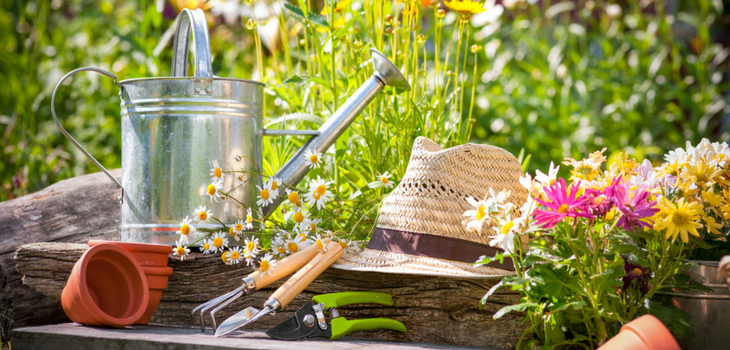Introduction
Gardening in Colorado presents unique challenges and rewarding opportunities. With its diverse climate, high altitude, and varying soil types, Colorado requires gardeners to adapt their strategies for success. Whether you’re a seasoned gardener or a novice, understanding the local conditions is essential to cultivating a vibrant garden that thrives year-round.
This article explores proven techniques and expert insights for establishing and maintaining a garden in Colorado. From selecting the right plants to soil preparation and watering tips, you’ll gain comprehensive knowledge tailored to Colorado’s environment. Let’s dive into how you can create a flourishing garden that suits Colorado’s distinctive landscape.
Understanding Colorado’s Climate and Soil
What Makes Colorado’s Climate Unique?
Colorado’s climate is characterized by:
- High elevation: Many areas range from 4,000 to over 10,000 feet above sea level, affecting temperature and oxygen levels.
- Wide temperature fluctuations: Daytime highs and nighttime lows can vary significantly.
- Low humidity: This can increase evaporation, affecting plant hydration.
- Short growing season: Typically between 90 to 120 days depending on the region.
These factors influence plant selection and garden care. Gardeners must choose hardy, drought-resistant species and plan for frost dates.
Soil Types and Preparation
Colorado soils vary, but common traits include:
- Sandy or clay-heavy soils: Both can impact drainage and root development.
- Low organic matter: Native soils often lack sufficient nutrients.
Tips for soil preparation:
- Conduct a soil test to determine pH and nutrient levels.
- Amend soil with organic compost to improve texture and fertility.
- Use raised beds or containers to control soil quality if native soil is poor.
Best Plants for a Colorado Garden
Native and Adapted Plants
Choosing plants adapted to Colorado’s environment ensures better survival and less maintenance. Some excellent options include:
- Perennials: Purple coneflower, blanket flower, yarrow.
- Shrubs: Colorado blue spruce, rabbitbrush.
- Vegetables: Tomatoes, peppers, leafy greens adapted to shorter seasons.
Drought-Tolerant Varieties
Given Colorado’s dry climate, drought-tolerant plants thrive with less water:
- Succulents like sedum.
- Herbs such as sage and thyme.
- Ornamental grasses.
Timing and Planting Strategies
- Start seeds indoors to extend your growing season.
- Use frost blankets or cold frames to protect sensitive plants.
- Plant after the last frost date, typically mid-May for many regions.
Watering and Maintenance Best Practices
Efficient Watering Techniques
Water conservation is critical in Colorado gardens due to low rainfall:
- Water early in the morning to reduce evaporation.
- Use drip irrigation or soaker hoses for targeted watering.
- Mulch around plants to retain soil moisture and regulate temperature.
Seasonal Garden Care
- Spring: Prepare beds, test soil, and begin planting.
- Summer: Monitor for pests, manage irrigation diligently.
- Fall: Clean up debris, add compost, and mulch to protect roots.
- Winter: Plan for next season, protect perennials from freeze damage.
Overcoming Common Challenges
Dealing with Pests and Wildlife
Colorado gardens can attract rabbits, deer, and insects. Solutions include:
- Installing physical barriers like fencing.
- Using organic repellents.
- Encouraging beneficial insects such as ladybugs.
Managing Frost and Freeze Risks
Unexpected frosts can damage plants:
- Use row covers or frost cloths.
- Choose cold-hardy plant varieties.
- Plant in sheltered locations to reduce exposure.
Conclusion
Gardening in Colorado demands understanding its unique climate and soil, but with the right approach, you can grow a beautiful, productive garden. Selecting native and drought-tolerant plants, preparing soils correctly, and employing efficient watering methods are keys to success. By embracing these strategies, you’ll enjoy a thriving garden that enhances your outdoor space year after year.
Ready to start your Colorado garden? Begin with soil testing and plant selection tailored to your region. Your garden’s potential is limitless with informed care and patience.
